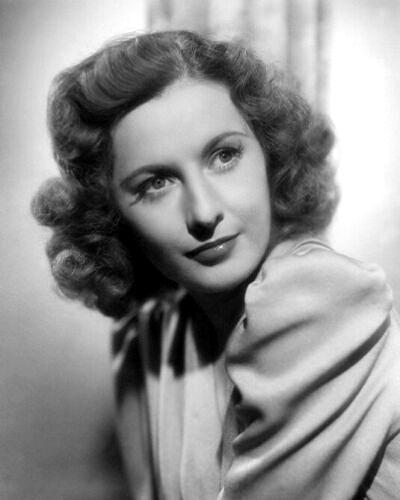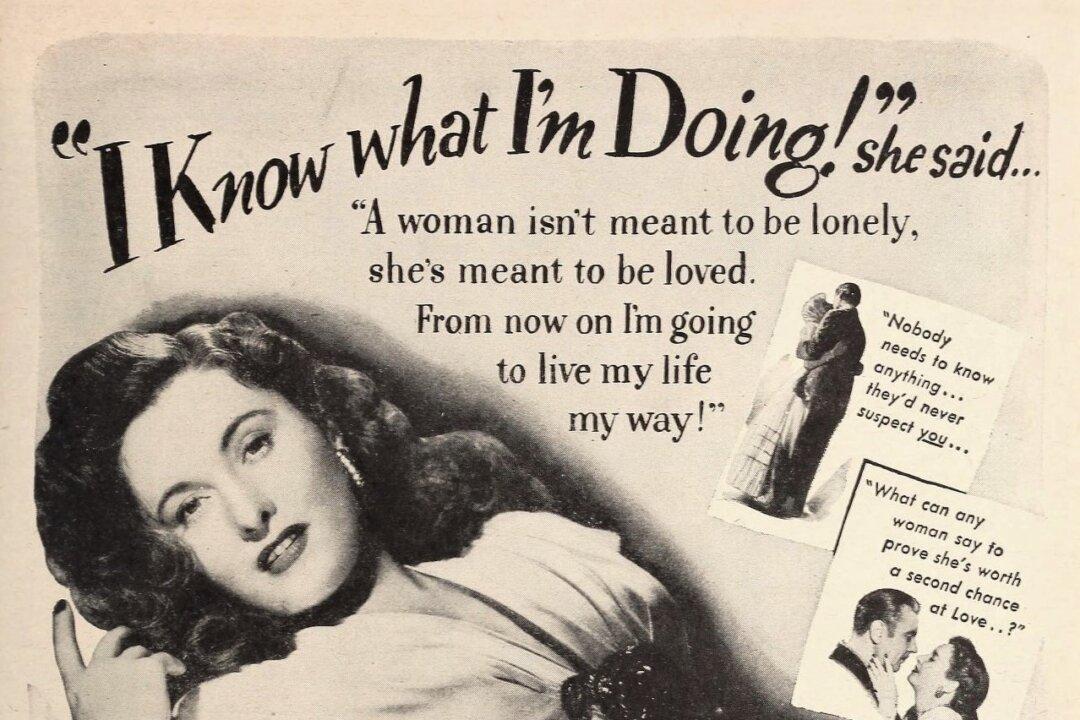“Who steals my purse steals trash. But he that filches from me my good name robs me of that which not enriches him and makes me poor indeed.” This quote from “Othello” begins “My Reputation,” and it is a strong reminder of how our conduct, even if well-intentioned, can affect others.

A 1939 publicity photo of Barbara Stanwyck. Public Domain






